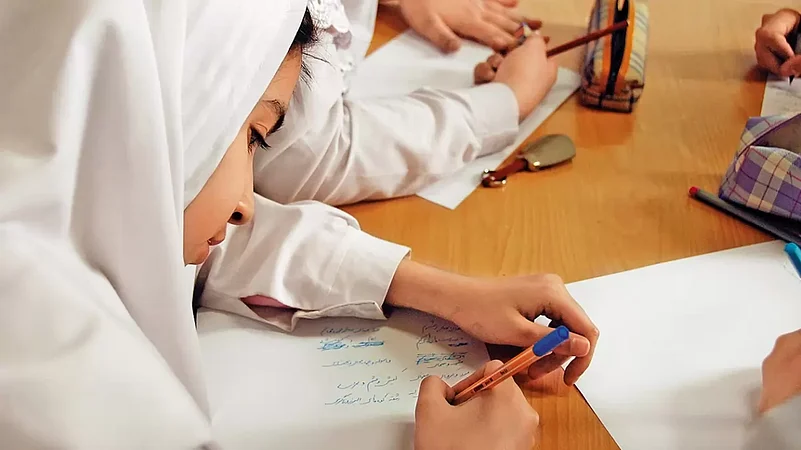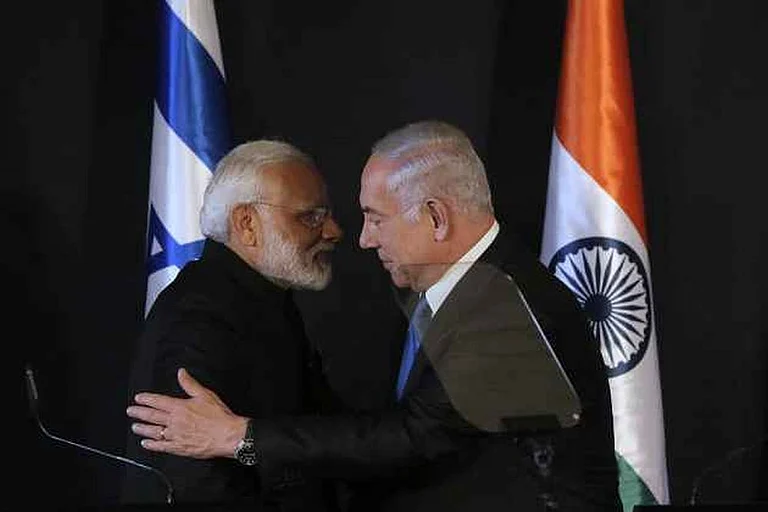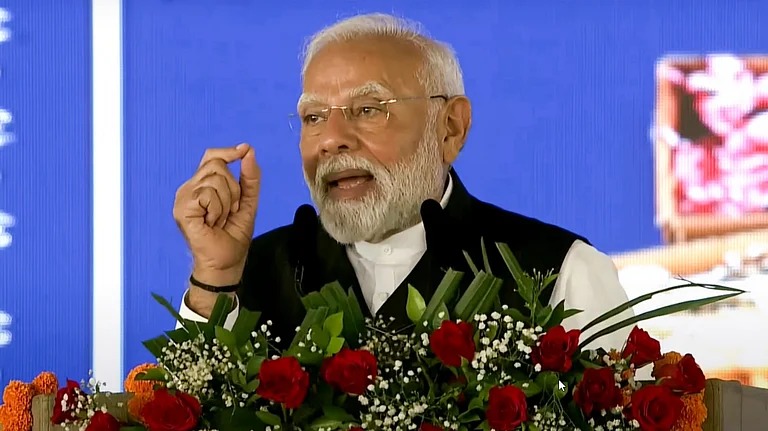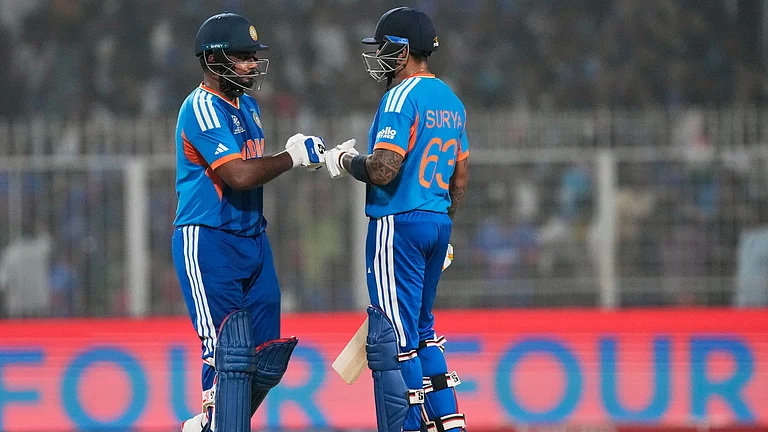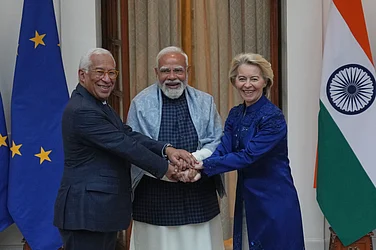Away From Home
I am a woman who was born in Iran after the 1979 revolution and lived under the Islamic regime for 27 years, before moving to the US to study. I am someone who had to leave her loved ones which meant accepting the pain of not seeing her family for several years, celebrating all occasions from behind screens and crying behind her desk instead of dancing at her brother’s wedding. Being an Iranian immigrant in the US is a different experience altogether. You have a vague idea of what you are signing up for but again, you don’t know anything. You know you are going to be far away from your loved ones but you don’t know what is going to happen to you—or to them—during those years. You just wish and pray that nobody dies in that time and everything stays the same. You live with the constant fear of receiving a phone call saying your mom died miles away from you while you can’t even go home to mourn with your family.
Feeling Stifled
But being a woman in Iran is not easy either. It’s agonising. I was born after the Islamic revolution and lived in a country heavily censored and controlled, which meant it took me years to find out what rights I didn’t have. I accepted—and did not question—that in order to study even in elementary school, I had to obey the obligatory dress code. They call it ‘hijab’ in the media and conversations, but it’s not like the hijab most people know. It is quite specific, and it changes based on the taste of the officials in power. The regulations include the colour you should wear and even how loose your dress should be. I remember, on one of those early days of the “Women, Life, Freedom” revolution, a friend of mine said to me, laughing sarcastically—or maybe painfully—that “we should create some videos to describe what we mean when we talk about the hijab in Iran”.

I lived in Iran for 27 years. I passed through different phases, from childhood oblivion, with some scattered nightmares about the Iran-Iraq war, to a struggling teenage-hood wishing I were a boy and even trying to pass as one as long as my body would let me, to a rebellious youth, where you try to prove yourself to be equal to your male classmates and colleagues. Then comes the unfair battle of marriage where you find yourself standing empty-handed and alone in front of brutal laws.
When Will This Stop?
The fact is that Iranian people have already paid a lot throughout three generations. All these young boys and girls who got shot in the streets or tortured to death. All these precious years that brave men and women spend in prisons sometimes without having the basic right of visiting their families. But again what other way is left for us?
I am 37 now, and for my first 27 years I had voted for reformists without believing in the system. During the past years, I’d asked myself several times what I would do if I went back in time. I know this question is not rational, since I know I didn’t want to die in the streets. I didn’t want anybody to die in the streets or be tortured to death. Nobody wanted anybody to get killed in the streets. Nobody wanted any of this.
A Battle Worth Picking
But as a woman who fought for the most simple and basic freedom, as a woman who even voted for people whose hands she knew were red with innocent people’s blood, it is obvious for me that we did all we could do, and now we have no doubts walking in this path that is filled with the blood of our loved ones and wails of grieving mothers. We mourn as we fight, we fight as we sob, we sob as we shout “Women, Life, Freedom.” Fighting for a free Iran is not our mission any more, it’s our lifestyle. Since this regime is the enemy of life itself and we Iranians scattered in the world, having pieces of our heart beating in Iran and around the world, we fight with this regime with our each and every heartbeat.
Leila Soltani is an activist based in California. She was born and raised in Iran






